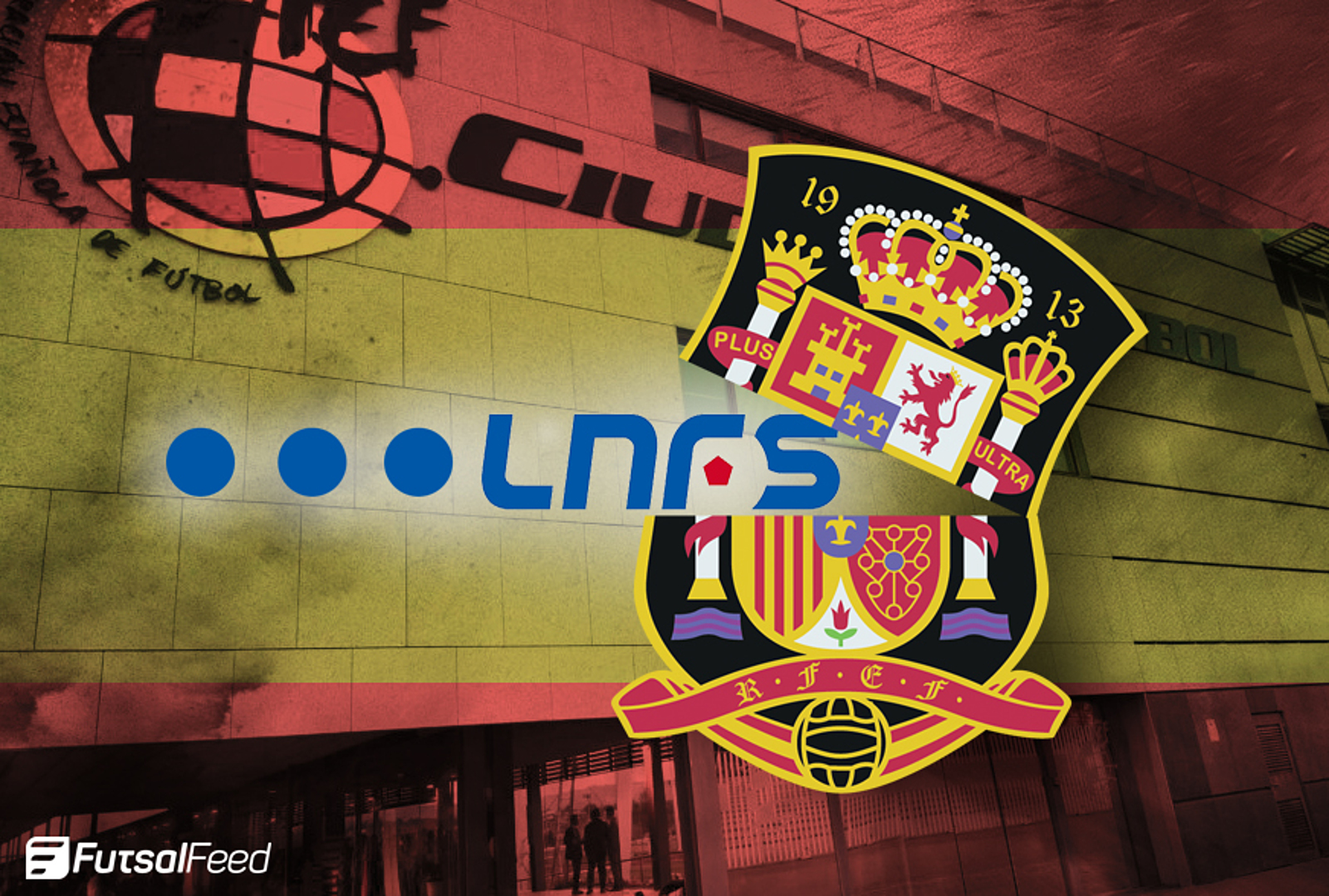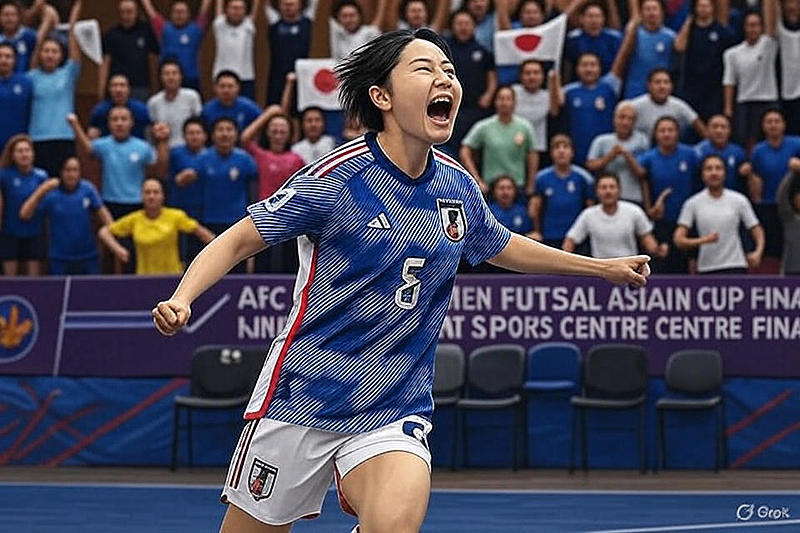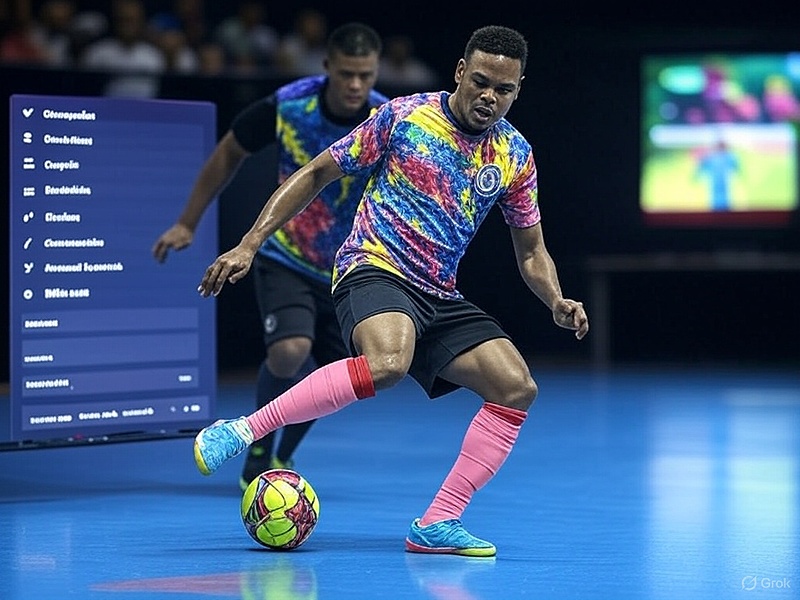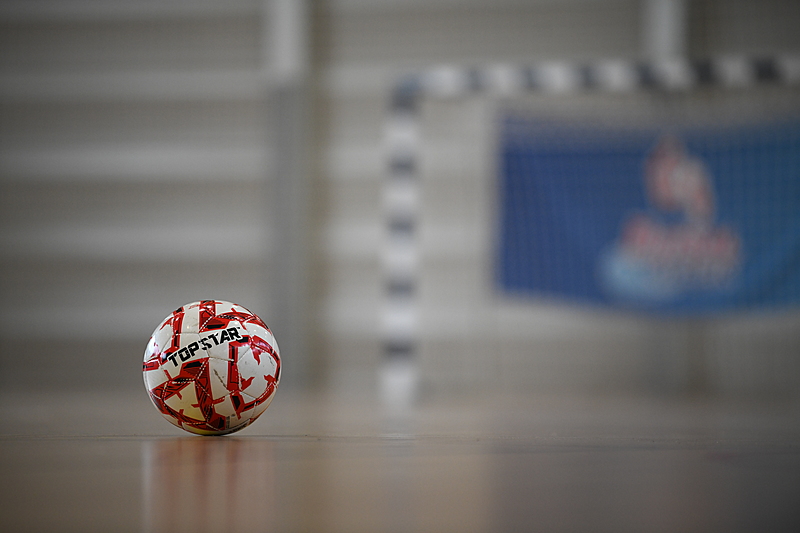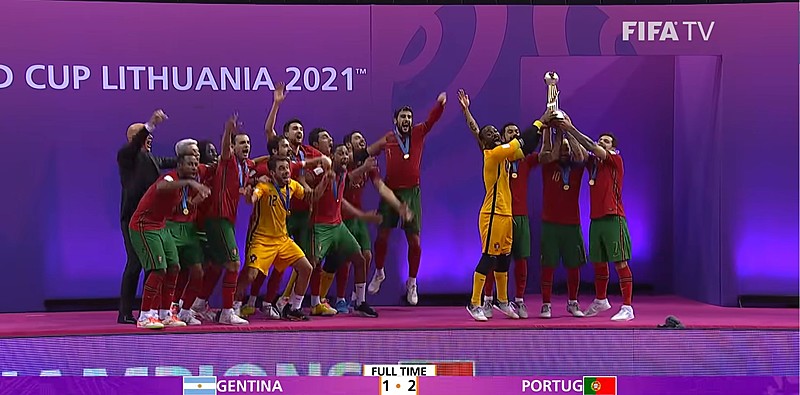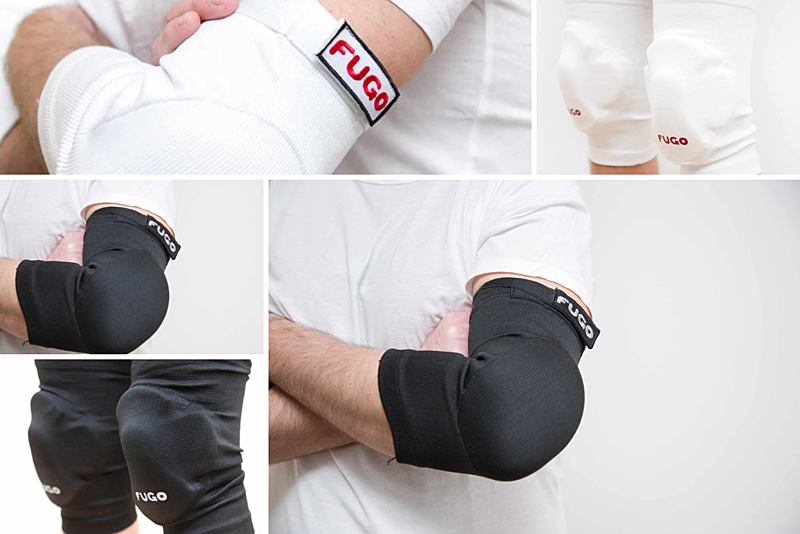The Spanish futsal league is again at the pivotal moment of its development and eyes of futsal fans all around the world are focused on the best futsal league. Similarly like 30 years ago, the organizational structure of the league has come in question. Nevertheless, Spanish futsal league is seen by most futsal fans in the world as the ideal to strive to. It is a league that has the corresponding infrastructure, corporate support, media and social visibility, fan following, modern arenas and other factors that make it arguably the best league in the world.
HISTORY
Historically, Spanish futsal has always been divided between various interests. In the 1980s, Spanish futsal clubs competed in two separate organizations [Spanish Association of Futsal Clubs (ACEFS) and Futsal Association (ASOFUSA)]. The road to unification was rocky, to say the least, because in 1989 an intervention by National Sports Council (CSD) was deemed necessary to unify the league. And it did so, in August of the same year, the league was unified under the patronage of LNFS (Liga Nacional de Fútbol Sala), a new organization that became responsible for the organization of the competition and which was independent of the Spanish Football Association (RFEF). ‘A new era in futsal begins’ was a headline in the next day newspapers and everyone was excited of the league’s prospect, as well as the new three-year broadcasting contract that put futsal on TV channels across Spain.
The LNFS itself is an association of futsal clubs that joined together in order to manage the competition and its finance. Despite being its own entity, LNFS was linked with RFEF through sporting matters, but it retained its own legal personality and control over budget, as well as the aforementioned organization of competition which over time expanded to 32 clubs (first and second division), Copa de España and Spanish Supercopa. This independence from the RFEF is in big part due to RFEF’s former long-term president, Ángel María Villar who kept close ties with futsal clubs and gave them space for their own development.
David Rubio, a reporter for the Catalan news magazine Sport gave us his opinion on futsal in Spain: “Before COVID-19 crisis, Spanish Futsal was in one of its best moments in all senses. Clubs were healthy on the economic side, mass media were more focused on the key matches, arenas have been renovated and assistances were really high. A huge part of this development came because LNFS worked really hard with two main goals: development and professionalism.”
PRESENT
Today we are again witnessing a power-struggle for control over Spanish futsal. When Ángel María Villar stepped down as the Spanish FA president in 2018, he was replaced by Luis Rubiales who changed the non-interference policy with Spanish futsal. He went in this project with the help of futsal icons such as Paco Sedano, Javier Orol and Luis Amado. In October 2019, RFEF informed the LNFS that it is taking over management of the league due to the fact that since 2013 there is no valid contract that regulates the relationship between two stakeholders.
We asked María Rodrigo Sagastizábal, a Director of Communications at LNFS for further clarification on their stance in this transition. LNFS is disputing the unilateral decision made by RFEF to take the management of the competition away from the LNFS claiming that the spirit of the contract was being respected nevertheless: “In October 2019, in the middle of the season, the RFEF sent us a letter taking away the management of the competition because there was not currently a Convention signed between RFEF and LNFS. This was an excuse because the Convention has not been signed since 2013 but the spirit of the Convention was still respected on the basis of a relationship of trust between both parties. Everything was agreed and respected, though not signed.” said Ms Rodrigo Sagastizábal.
She added that: “We had two meetings with RFEF to sign the Convention and we quickly understood that they did not want to sign it. The third meeting was annulled by them and there was never another. Currently, the LNFS has complained to the Court for the fact of taking away the competition, because it was done overnight, with a letter, without warning and in the middle of the season.”
It is worth adding that LNFS have recently requested National Sports Council to classify futsal as a professional sport in Spain because qualifications needed for that recognition have all been met. Therefore, despite loosing the management over the competition, LNFS has continued to work for the benefit of Spanish futsal clubs.
CHANGES
So, what are the proposed changes that RFEF plans to bring to Spanish futsal? Most of them are based in the organizational structure itself and they won’t affect the regular fan’s matchday experience. Clubs will now be connected directly to the RFEF instead of LNFS. RFEF also committed to change the philosophy of the organizational structure to better benefit the teams. These changes include measures such as the abolition of registration fees that clubs had to pay to participate in competitions. In addition, RFEF stated that clubs will receive certain financial amounts for participating in competitions organized by the RFEF.
Possibly the most important change is in regard to the audiovisual rights to the Spanish futsal league. On the last meeting held between RFEF and futsal clubs, various proposals have been laid down to the clubs about the future broadcasting deals. The idea behind this is to get more innovative in the way futsal is broadcasted and to bring futsal closer to all fans, as well as improving broadcast of territorial and youth competitions. However, LNFS currently exercises rights on a broadcasting contract with Mediapro that secures their ownership over TV rights until June 2023.
We were also in touch with Marca reporter Oscar Garcia Gallego who was kind enough to share his opinion on the changes happening in Spain. “It is difficult to know what will happen with all these changes in Spanish futsal. I think it is always positive that an institution like RFEF helps futsal to improve. RFEF is very big and they have a lot of resources that can be used in favor of futsal, to develop it further. Nevertheless, I think LNFS has done great work, especially these last years.”
FUTURE
It is still quite uncertain what the future holds. Pending the judicial decisions in court, RFEF has indeed taken effective control of the management of the competition and had already signed some contracts, like the one with Joma who became the technical sponsor of Spanish futsal, that will have an impact on the visibility of the competition and its teams. Judging from the current reports, a better and more lucrative broadcasting deal is in works, but we will have to be a bit more patient to find out the details.
We have asked RFEF for a statement on these matters, but unfortunately, they decided not to give any comments. A decision we respect, but hope will change in the future so we can give our readers a bit deeper perspective in current affairs.
Nevertheless, whatever is happening ‘behind closed doors’, as futsal fans we hope that all misunderstandings will be dealt with in a way which will benefit futsal as a sport and that the media focus shifts to teams, players and this great competition as soon as possible. We have also asked our contributors from LNFS and Spanish media for closing statements which we bring you in continuation:
María Rodrigo Sagastizábal (LNFS): “This change will seriously hurt Spanish futsal, due to the fact that RFEF are very big structurally and their priority is football. However, for the LNFS only priority is futsal. Our structure is small but very professional and very agile to make decisions. The largest difference is that the LNFS lives 24-hour a day by and for futsal, while the RFEF’s main concern is football.”
Oscar Garcia Gallego (Marca): “I'm sure that RFEF will work hard in favor of futsal, but I don't know what will be the future. For me, and for the big majority of futsal fan, the perfect situation would be a good connection between LNFS and RFEF, both big institutions rowing together, but... Relationship between the two is broken and they aren't working in the same direction. And I don't see a solution happening soon.”
David Rubio (Sport): “In my opinion, nothing changed after this takeover, because structures were already solid. Although everything remains now uncertain because of this pandemic that crashed into the sport with special virulence, in my opinion, Spanish Futsal League will stay as the best league in Europe. Maybe the main reason to support my point of view is the top level of Spanish players. There are plenty of young people focused on futsal and the medium level is higher than in any European country. If clubs can’t pay high salaries and even if they can’t sign foreign stars, then Spanish players would make the difference.
I'd like to emphasize that this ‘war’ between LNFS and RFEF is lethal for Spanish futsal. It would be particularly useful if they'll arrive to an agreement, but unfortunately, nowadays I take this option as almost impossible.”
What do you think about all these changes in the best futsal league? Do you agree or disagree with the opinions of our contributors and what’s your take on RFEF’s changes to Spanish futsal? Please feel free to let us know in the commenting section on our social media channels!
